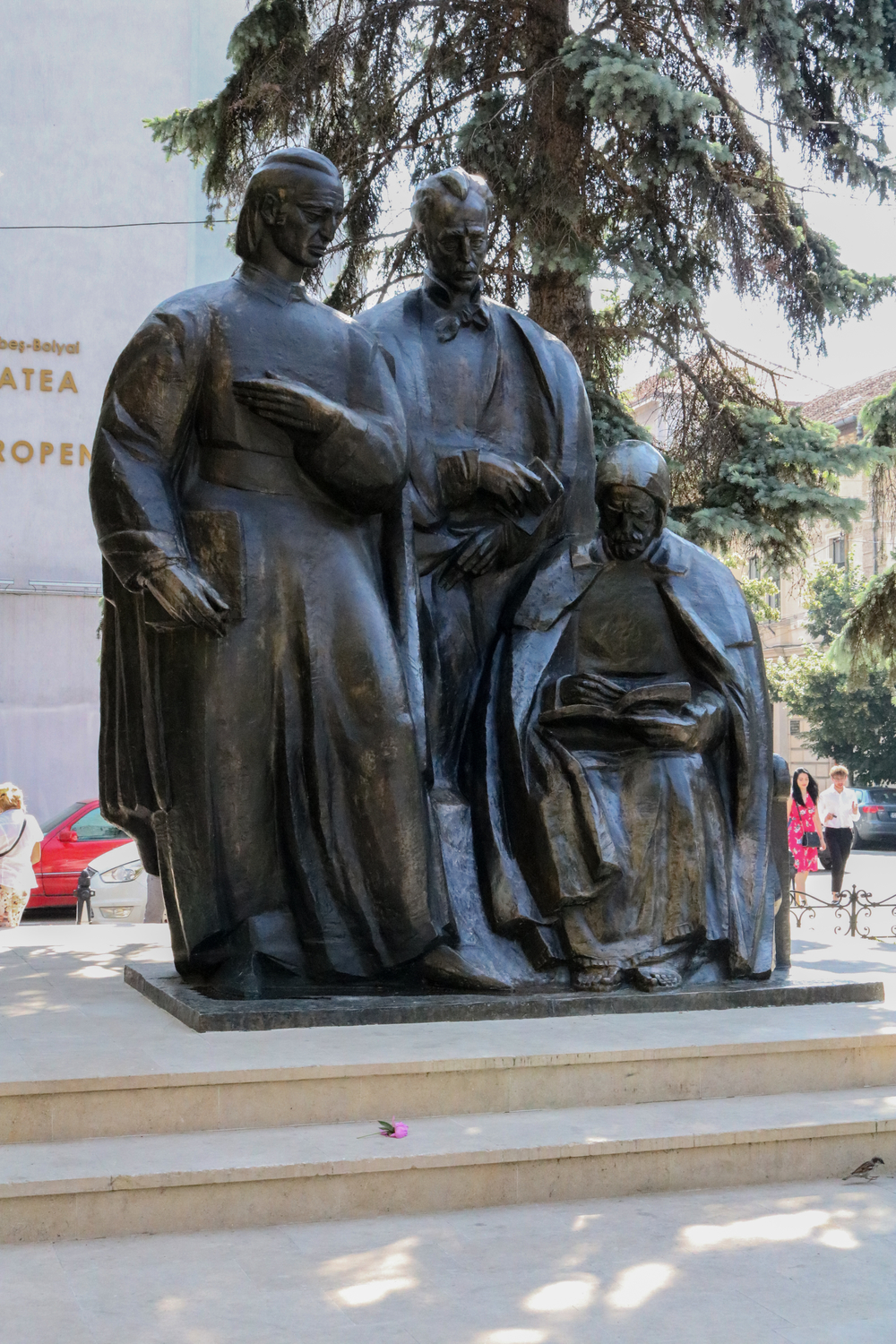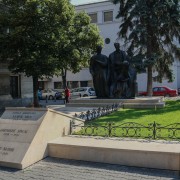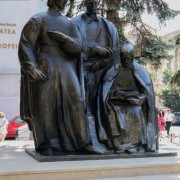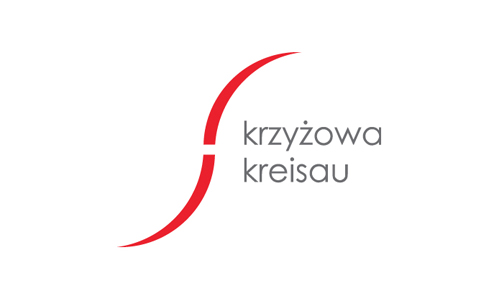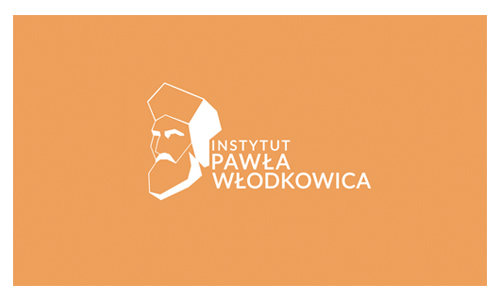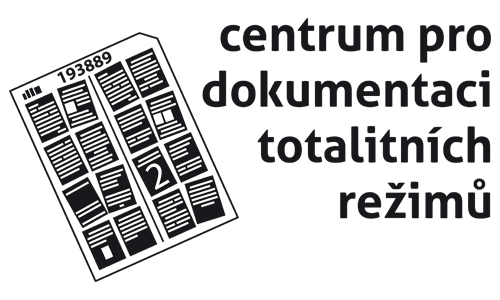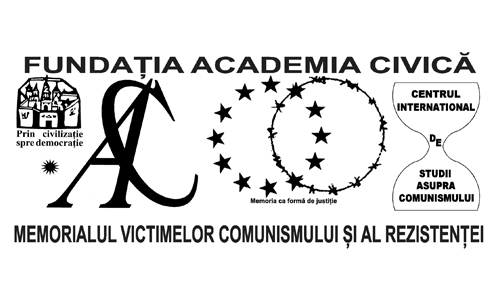Sculpture Group 'Transylvanian School'
Year of unveiling
1973
Person/persons/event to whom the monument is dedicated
Transylvanian School – cultural movement from Transylvania, which had a great influence in the national awakening of Romanians
Localization
Strada Mihail Kogălniceanu nr. 1 Cluj-Napoca, 400000
Location in relation to the surroundings
The 'Transylvanian Group' Sculpture School is located at the main entrance to Babeș Bolyai University, strada Mihail Kogălniceanu nr. 1, in the central area of the city. It is a five-minute walk away from Piața Unirii (Union Square) and Bulevardul Eroilor.
Text of the inscription
ȘCOALA ARDELEANĂ (Transylvanian School)
SAMUIL MICU (1745-1806)
GHEORGHE ȘINCAI (1754-1816)
PETRU MAIOR (1761-1821)
General description
The monument portrays the three prominent figures of the enlightenment movement known as the 'Transylvanian School'. The three representative figures for this cultural movement are Samuil Micu, Gheorghe Șincai and Petru Maior. The statues are made of bronze, they are three meters tall and they sit on travertine pedestals with spaces designed for flowers. The names of the three figures and the years of the period when they lived are encrusted on a marble plaque set in front of the monument.
Condition
Good
The circumstances of unveiling
The monument built by sculptor Romulus Ladea was unveiled on 30 June 1973.
Later history
The statue group is an homage to the Transylvanian School - a Romanian cultural movement from the end of the 18th century and the beginning of the 19th century, which was started by the Romanian Greek Catholic Church United with Rome, headquartered in Blaj and contributed to the spiritual and political emancipation of Romanians from Transylvania and from beyond the Carpathians. Through their work, members of the Transylvanian School tried to awaken the national conscience of Romanians. One of the most important achievements of the Transylvanian School is the introduction of the Latin alphabet writing into the Romanian language. Until then, although the spoken language was a Latin language, the Romanian language had been written in Cyrillic characters.
Contemporary importance
The monument on Mihail Kogălniceanu street is a homage to the three great personalities of this movement, whose works managed to awaken the national conscience of Romanians. Present in all tourist guides, it is one of the most frequently visited monuments in the city of Cluj.













